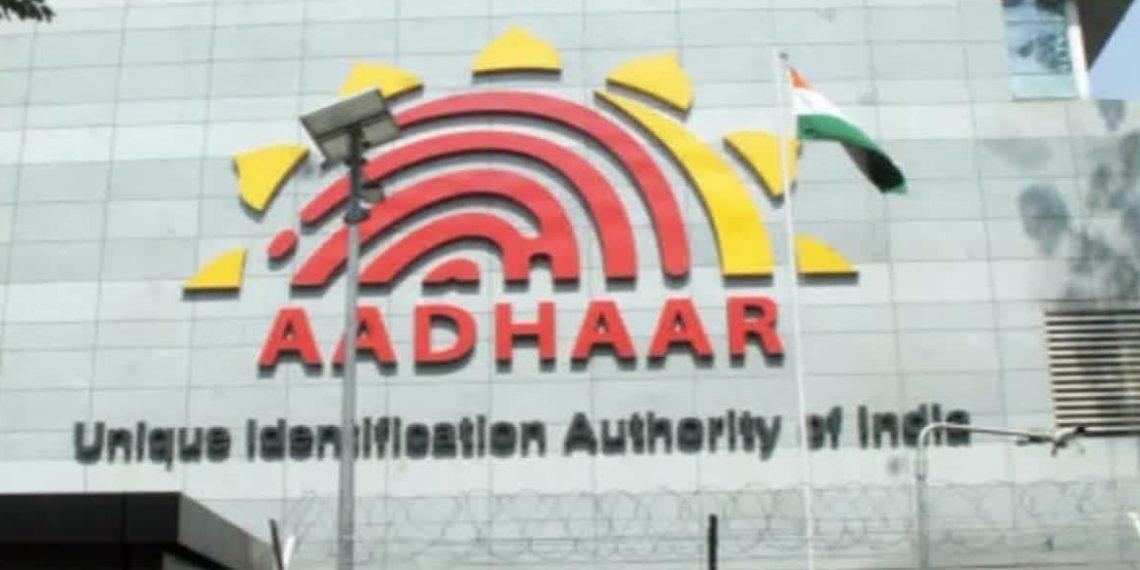India's Aadhaar Revolution in Cooperative Banking: A Wake-up Call for Africa.

On August 21, 2025, India’s Unique Identification Authority (UIDAI) launched a bold Aadhaar-based authentication framework for cooperative banks. In one sweep, 34 State Cooperative Banks (SCBs) and 352 District Central Cooperative Banks (DCCBs)—more than 380 institutions—were integrated into the Aadhaar ecosystem.
This development is not just another banking reform. It is a paradigm shift, proving that cooperative banks, often dismissed as too “small” or “traditional,” can become the backbone of a nation’s digital financial system. And for Africa, where cooperatives remain the most trusted financial partners for millions, the lesson could not be clearer: the future of financial inclusion must be cooperative, digital, and identity-linked.
What Africa Can Learn
India’s framework is elegant in its simplicity:
- Shared Infrastructure – Only the State Cooperative Banks register as full authentication and KYC agencies, while District Co-ops plug into their systems. This cuts IT costs dramatically.
- Biometric eKYC & Fast Onboarding – Account opening is simplified for rural and low-income populations, giving them secure access to services.
- Direct Benefits – Subsidies and welfare payments flow seamlessly into cooperative accounts, boosting trust.
- Digital Payment Integration – Aadhaar-enabled payments link rural customers directly to the national digital economy.
This is not innovation for its own sake—it is innovation for inclusion.
Africa’s Missed Opportunity—or Next Big Leap?
Africa’s cooperative financial institutions—SACCOs, cooperative banks, and credit unions—are perfectly placed to deliver last-mile finance. They already hold the trust of communities where commercial banks refuse to tread. But fragmented systems, weak IT capacity, and regulatory silos hold them back.
Imagine if Africa had its own Cooperative Digital Identity Framework, anchored in national IDs and linked seamlessly to co-op banking platforms. Rural women could open accounts in minutes. Government grants could flow directly into SACCO wallets. Farmers could receive and repay loans without ever handling cash.
The technology isn’t a dream—it already exists. What’s missing is the political will and regulatory imagination to give cooperatives the same tools commercial banks enjoy.
Co-ops Africa: Building the Digital Rails
Unlike in India, where UIDAI and NABARD led the effort, Africa’s cooperative sector must often innovate for itself. That is why platforms like Co-op Banking and the Co-op Pay Wallet on coops.africa are so important.
- Co-op Banking can serve as the shared backbone, offering digital services that even the smallest SACCOs can plug into without building parallel IT systems.
- The Co-op Pay Wallet already provides the foundation for member-to-member transactions, bill payments, and digital savings—essential features for scaling up cooperative finance across borders.
These platforms represent Africa’s answer to Aadhaar-enabled cooperative banking. But they need recognition, investment, and regulatory support to scale.
The Role of Regulators and Policymakers
If Africa is to catch up with India, regulators must act boldly:
- Integrate cooperatives into national ID-linked payment systems. Excluding them only entrenches inequality.
- Encourage shared IT infrastructure. Not every SACCO needs its own system—federated platforms reduce costs and improve security.
- Recognize co-ops as equal players. Cooperative banks and SACCOs must be positioned as official channels for government-to-people (G2P) transfers.
- Protect members. Data privacy, cybersecurity, and inclusion safeguards must be built in from day one.
This is not charity—it is strategy. Cooperatives are Africa’s best bet to meet its financial inclusion targets.
A Call to Action
India has shown us what is possible when government, regulators, and the cooperative movement align around a shared vision. Africa can go further by harnessing its own cooperative platforms like Co-op Banking and Co-op Pay Wallet to leapfrog into a people-owned digital economy.
The question is no longer whether cooperative finance should go digital. It is whether Africa’s leaders will act in time to make 2025—the International Year of Cooperatives—a turning point, rather than a missed opportunity.
- Market Reports
- Economic
- Social and Development
- Communication, Marketing & Success Stories
- Regulation
- Autre
- SADC
- African Union



